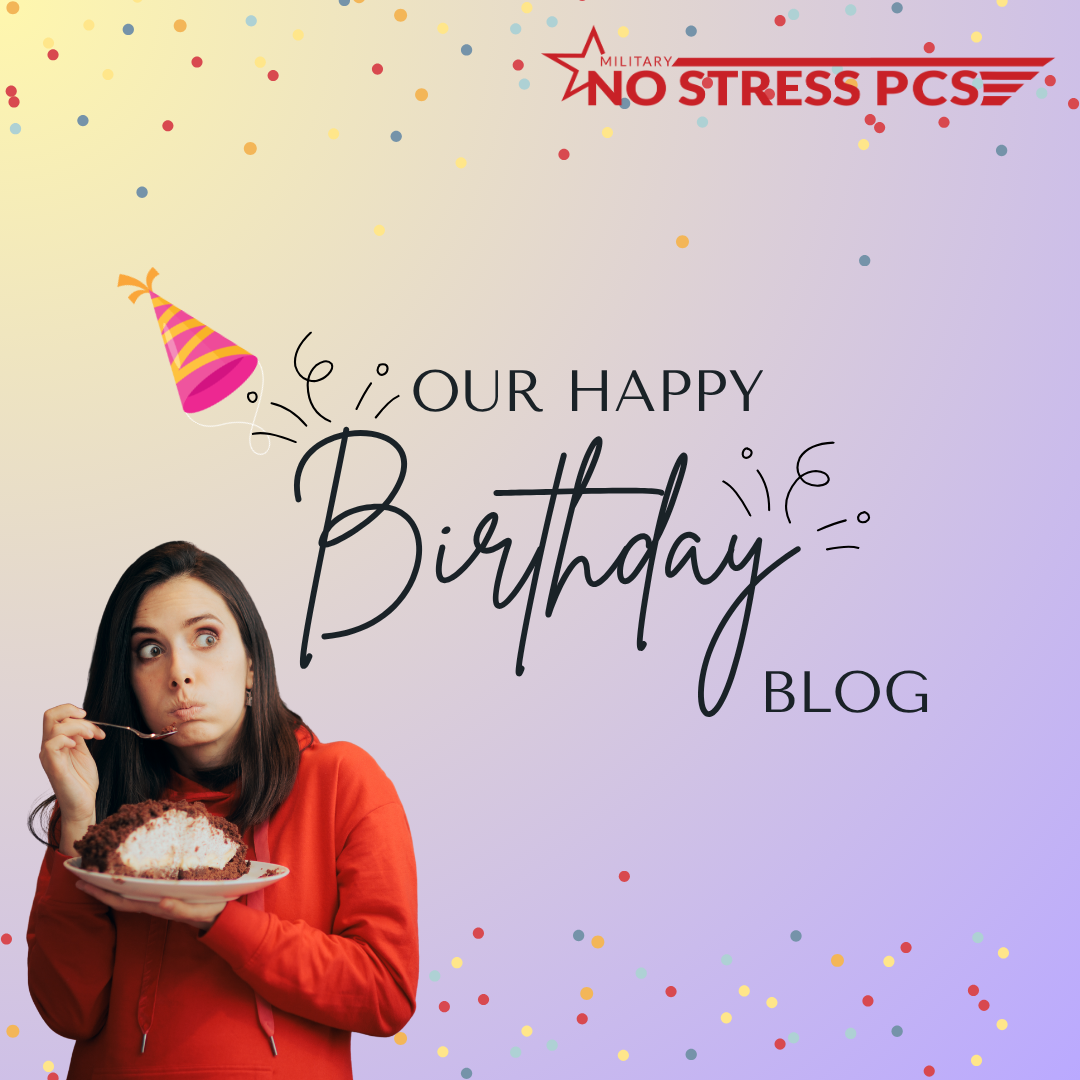Not All Wounds Are Visible

June is both Men’s Health Month and PTSD Awareness Month. To acknowledge both of these topics, this month’s blog will focus specifically on men’s mental health with an emphasis on PTSD. It’s crucial to break the stigma surrounding mental health and to empower men to seek help when needed. The more mental health is normalized, the easier it is for those struggling to know that they’re not alone.
What is PTSD? PTSD stands for Post-Traumatic Stress Disorder, which is a mental health condition that can develop after experiencing or witnessing a traumatic event. Symptoms can vary but may include flashbacks, nightmares, destructive behavior, irritability, and intrusive thoughts. While anyone can experience PTSD, military members, veterans, and first responders are at a higher risk due to their exposure to combat and/or violence. According to the U.S. Department of Veterans Affairs (VA), approximately 29% of veterans who served in Operations Iraqi Freedom and Enduring Freedom have been diagnosed with PTSD at some point in their lives. In 2013, more than 40 years after the Vietnam War, the VA conducted a study that showed 7% of women and 11% of men who served in Vietnam still had PTSD; 37% met the criteria for depression.
Research conducted in 2024 shows that only 16% of men received treatment for mental health compared to women at 27% (that’s a 68.75% difference!). While there are a few reasons as to why this might be, some believe it has to do with stigma, social expectations, and a reluctance to show vulnerability. Regardless, untreated PTSD can have serious consequences for men, both mentally and physically, as it increases the risk of conditions such as heart disease, diabetes, and gastrointestinal issues. In the same aforementioned study conducted by the VA on Vietnam Veterans, more than half of the veterans reported a history of musculoskeletal conditions and nearly 33% reported a history of circulatory diseases.
By creating a culture of empathy and open dialogue we can offer support to individuals grappling with PTSD, acknowledging that not all wounds are visible. Remember, you are not alone, and help is available. If you or someone you know is struggling with PTSD or other mental health issues, there are resources and support services available. Veterans Affairs hospitals and clinics offer specialized PTSD treatment programs, including therapy, counseling, and medication. You can contact the Veterans Crisis Line by calling 988 and press 1, or text 838255.






